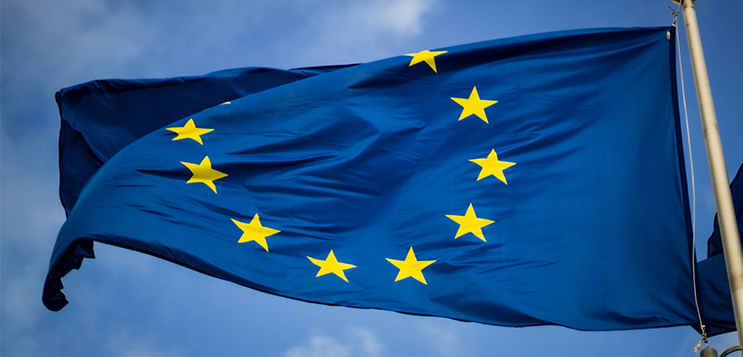
The world’s biggest trading bloc, the European Union, is about to change the rules of the game for global commerce. However, because of this, India has a rare chance to turn a disruption into an opportunity for leading the line. Under its Circular Economy Action Plan, the European Union is rolling out a powerful new regulation: the Eco-design for Sustainable Products Regulation (ESPR). At its heart lies a simple tool, known as the Digital Product Passport (DPP). These are digitally accessible records, for example, a QR code, that can contain granular information on a product’s origin, composition, environmental impact, reparability and end-of-life handling.
The benefits expected are increased consumer trust, improved supply chain management, enhanced circular economy and reduced environmental impact. Thus, DPPs can prove to be India’s gateway towards the push for a greener economy, provided we chose to lead and not lag.
Why do the digital rules of the European Union matter?
The EU accounts for over 21% of India’s merchandise exports, worth nearly $100 billion. And the sectors facing the earliest DPP compliance deadlines, textiles, electronics, chemicals, iron and steel, are also some of India’s strongest performers.
By 2027, batteries will need DPPs. By 2028, textiles too. India exported $10 billion worth of textiles to the EU in FY24. Non-compliance means market exclusion. But compliance? Now that could place India at the centre of the global sustainable trade.
In addition, international consumers, too, are becoming more conscious of the choices they make. DPPs offer a digital window into a product’s journey. Therefore, buyers can now choose transparency over opacity, sustainability over shortcuts. Indian products that embrace this openness early could win market access, trust and loyalty across Europe, and subsequently, the world.
A sustainable opportunity in disguise
Many Indian manufacturers, especially MSMEs, may initially view DPPs as yet another compliance hurdle. But with the right government support, the digital rules of the European Union can become a powerful catalyst for transformation.
Early adopters can gain uninterrupted access to the EU market and position themselves as transparent, responsible producers. DPPs also push supply chains toward digitisation, encouraging better record-keeping, ERP integration, and end-to-end traceability. By embedding circular economy principles into product design and lifecycle planning, DPPs make sustainability a default rather than an afterthought.
In addition, for regulators, real-time digital traceability offers faster, more transparent enforcement. Thus, it also improves India’s credibility in the global stage.
However, this window to take the lead in sustainable alternatives and better traceability will not be open for long. Ignoring these shifts risks more than just lost sales. It could sideline India’s core industries from the green economy altogether, while countries such as Vietnam, Bangladesh or Mexico adapt faster and capture the market share we lose. Jobs, innovation, and investment flows, all are at stake.
The biggest challenge: Lack of infrastructure
While large companies may be equipped to handle DPP compliance, India’s MSMEs, which form the backbone of the economy, are very likely to struggle without systemic support.
To level the playing field, India must build a Digital Public Infrastructure (DPI) for DPP, much like it did with UPI in digital payments. Such a DPI would provide standardised data formats and templates, consent-based mechanisms for secure data sharing, integration toolkits for ERP systems, and centralised product registries with robust authentication protocols.
By making these tools universally accessible, India can democratise entry into green trade and ensure that this push for sustainability becomes a breakout moment for all industries.
Pilot projects in hubs like Tiruppur (textiles), Noida (electronics), Vapi (chemicals) and Jamshedpur (iron and steel) can build momentum. But success will demand coordination across ministries, Commerce, MSME, Environment, Electronics & IT, with backing from institutions like the Quality Council of India and export bodies.
India now has the opportunity to become a global standard-setter in sustainable digital trade, thanks to the push from digital rules of the European Union, but only if it plays its cards right.
